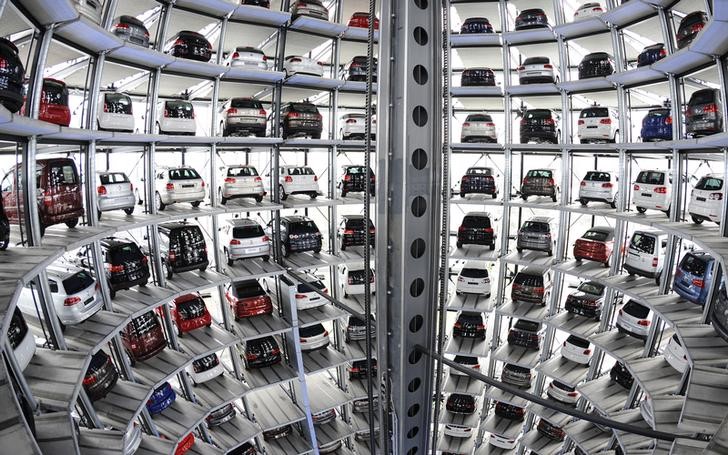Volkswagen to Shut Down Factories in Germany and Implement Layoffs Amid Restructuring Process
According to the chairman of Volkswagen AG's works council, the company plans to close at least three factories in Germany and lay off a significant number of employees as part of a major restructuring effort. This move aims to address the automaker's efficiency issues and high operational costs in the country.
Volkswagen brand CEO Thomas Schaefer highlighted the financial challenges facing the company, pointing to inadequate earnings from car sales and rising costs for energy, materials, and personnel. Schaefer noted that costs at production facilities in Germany are significantly higher than planned, with some factories operating at double the costs of their competitors. He also emphasized the urgency of finding a sustainable solution, pointing out that Volkswagen still handles many tasks internally, which others source at a lower cost.
The German government acknowledged Volkswagen's difficult situation, emphasizing through a spokesperson that past management decisions should not negatively impact employees and highlighting the importance of protecting jobs.
Stifel analyst Daniel Schwarz expressed his surprise, stating that the scope of Volkswagen's plans exceeds market expectations. He mentioned various factors contributing to the company's decision, including competitive pressures in China, a decrease in demand for battery electric vehicles in Europe, and increasing regulations. While admitting the possibility of union opposition and potential strikes, he found it encouraging that unions appeared to agree on the necessity of significant action.
European automotive markets analyst Matthias Schmidt suggested that the proposed cuts are long overdue, becoming essential due to the need to remain competitive in a European market that has yet to recover to pre-COVID levels and the declining benefits from Volkswagen's Chinese operations.
Moritz Kronenberger, portfolio manager at Union Investment, which holds Volkswagen shares, indicated that cost-cutting measures are unavoidable in light of the industry's growth shortfall, emerging competition from China, and Germany's disadvantages as a manufacturing location. He noted expectations of union backlash against the proposed factory closures, likely in the form of strikes, highlighting the conflict between employee interests and the company's strategic direction.
This restructuring indicates that Volkswagen is entering a critical adjustment period to maintain its competitive stance in the global automotive industry after reporting record profits in 2023.


